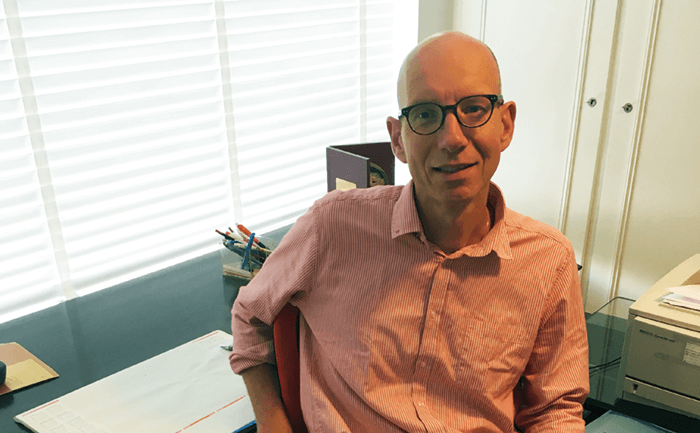
References
- tas.txp.to/0217/Lee
False
Sitting Down With... Hans-Gerd Janssen, Science Leader Analytical Chemistry, Unilever Research Vlaardingen, and Professor of Biomacromolecular Separations, van’t Hoff Institute for Molecular Sciences, University of Amsterdam, the Netherlands.

Receive the latest analytical science news, personalities, education, and career development – weekly to your inbox.

Hans-Gerd Janssen is Science Leader of Analytical Chemistry at Unilever Research Vlaardingen, and Professor of Biomacromolecular Separations at the van’t Hoff Institute for Molecular Sciences at the University of Amsterdam, the Netherlands.
False
False

April 3, 2025
13 min read
Computers can “see” and “hear,” but fully digitizing scent has so far eluded science – but that may soon change

December 3, 2024
3 min read
Syft Technologies’ William Pelet introduces the Syft Explorer – the world's first fully mobile, real-time, and direct trace gas analyzer

December 5, 2024
6 min read
Thermo Fisher Scientific’s high-sensitivity mass spec for translational omics research – the Stellar MS – is ranked 4th in our annual Innovation Awards
False